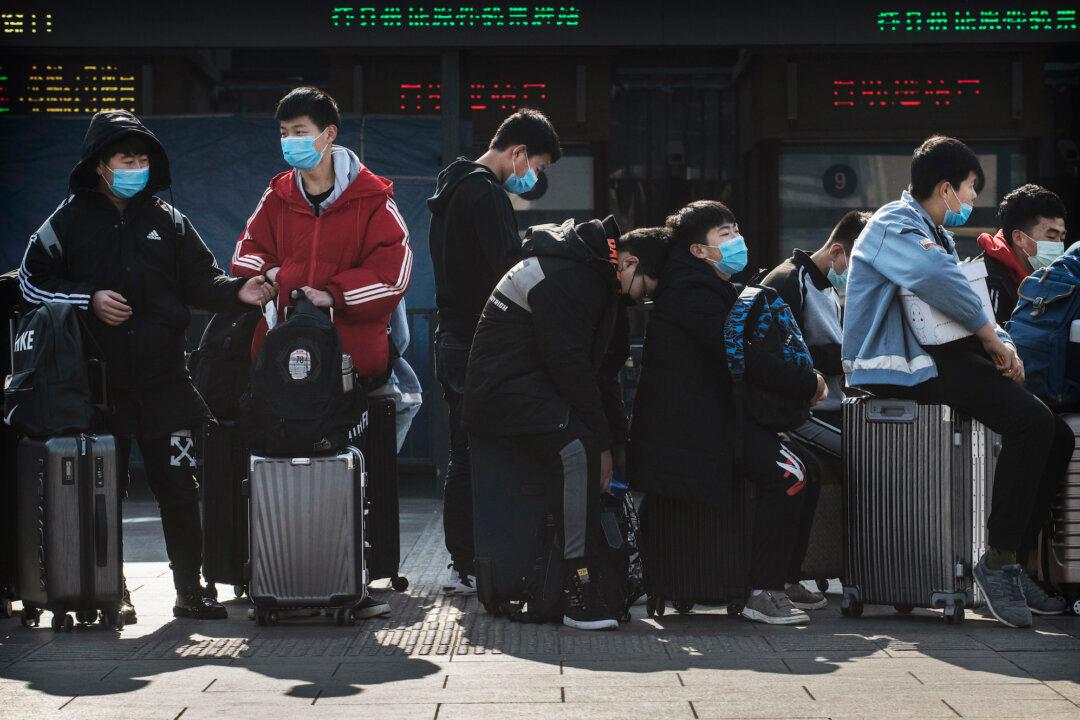An anticipated decline in international student enrollment for fall 2020 will result in colleges in the United States losing at least $3 billion, according to a survey on the financial impact of the global CCP virus pandemic on the international education industry.
Conducted by NAFSA: Association of International Educators in early April, the survey received responses of 346 institutions from across the country. More than 65 percent of respondents said they were anticipating losses due to likely declines in enrollments among foreign students. Of those responses, about 61 percent predicted losses of $500,000 or less, around 32 percent estimated the potential losses to be between $500,000 and $3 million, while the rest said they would expect to lose more than $3 million.





